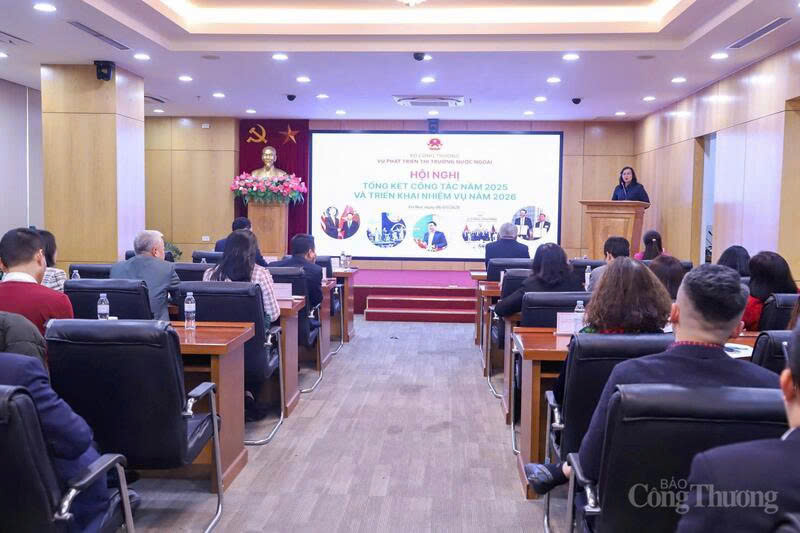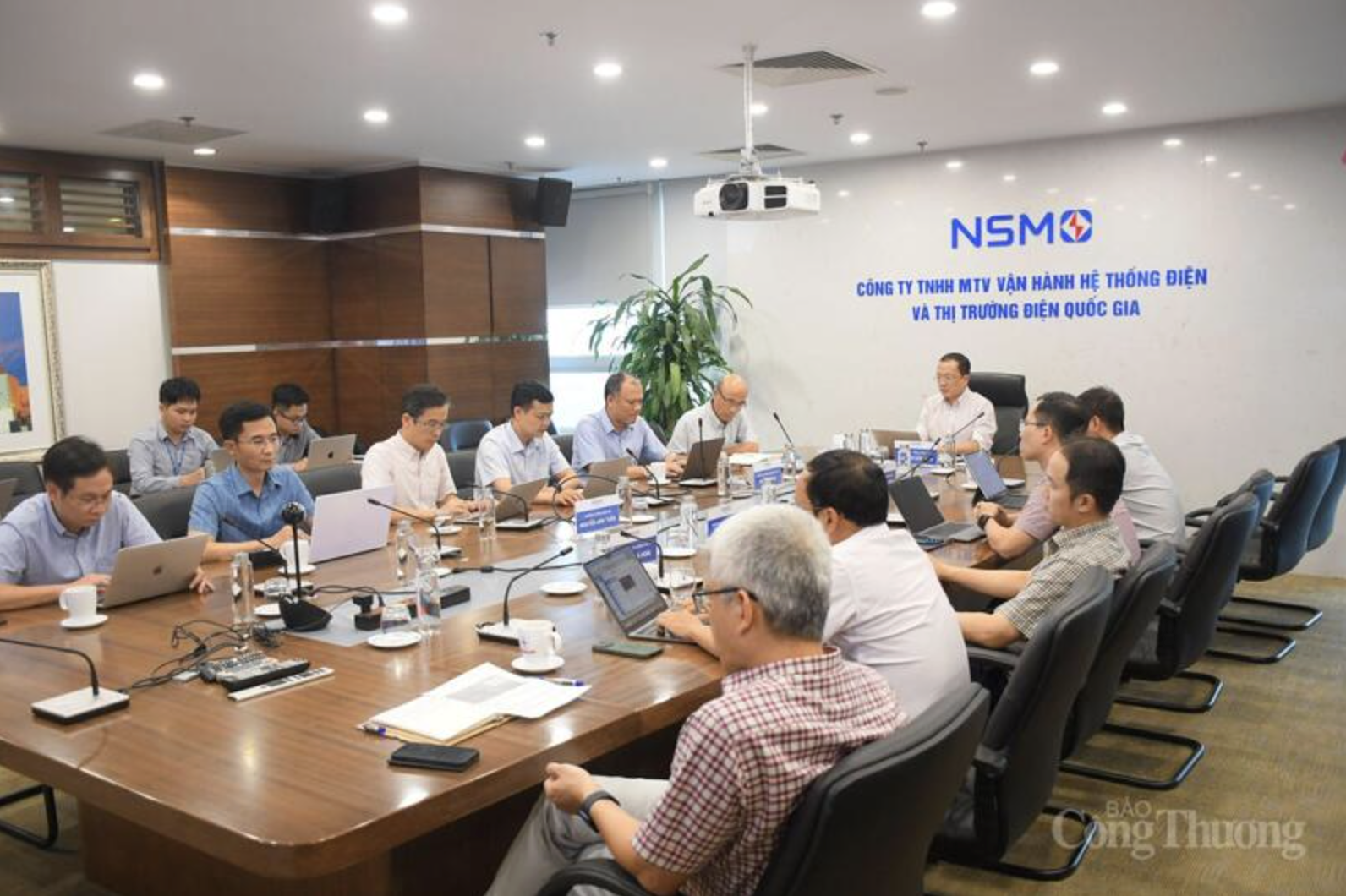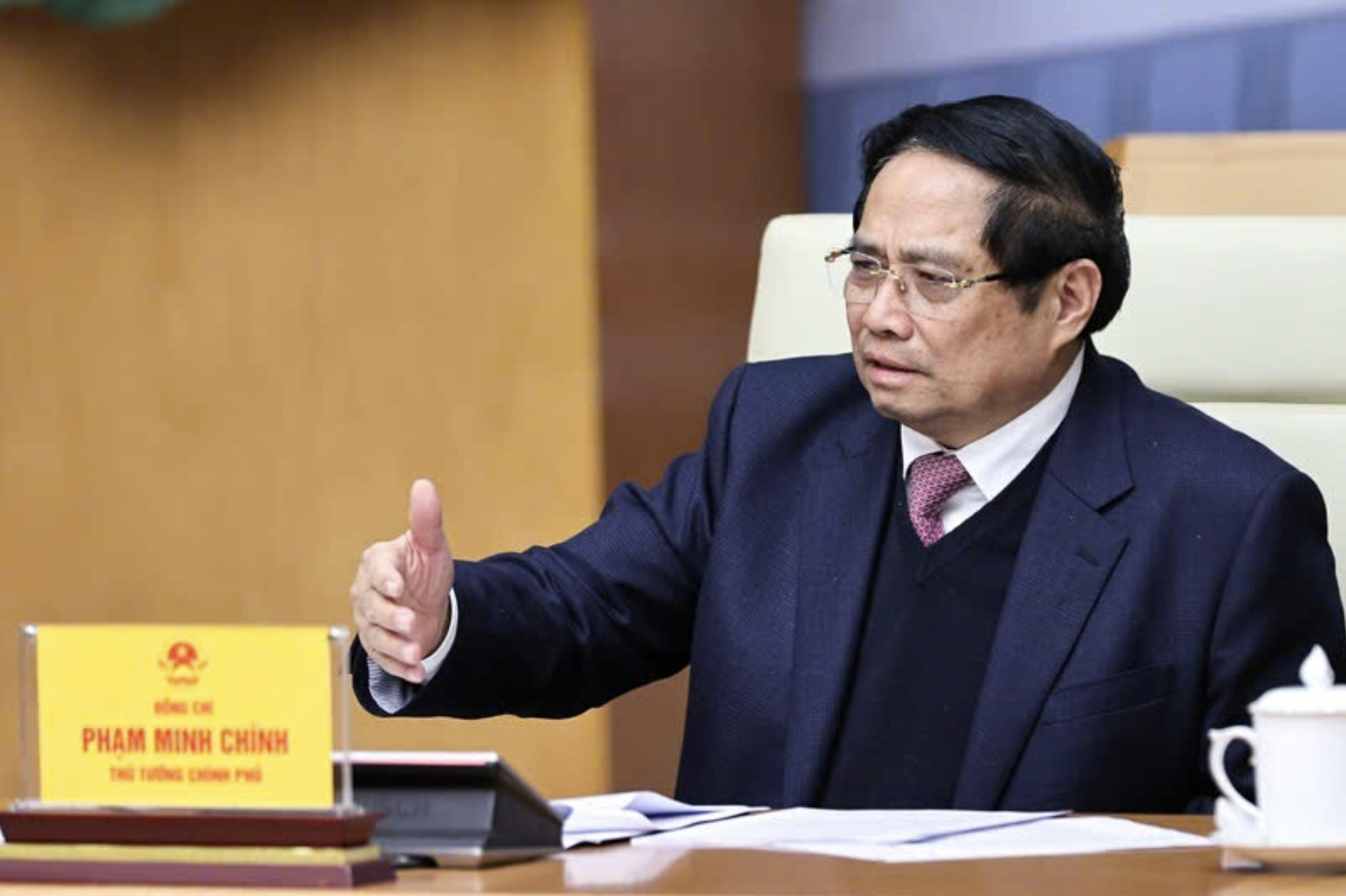
Stronger inter-agency coordination needed to drive export market growth
19:05 | 23/03/2025 15:39 | 07/01/2026News and Events
After more than eight years of persistent efforts, Vietnam has deployed a comprehensive set of legal, administrative and digital solutions to strengthen fleet management and traceability, with the aim of removing the European Commission’s “yellow card” on illegal, unreported, and unregulated (IUU) fishing.
Deputy Minister of Agriculture and Environment Phung Duc Tien shared insights with a reporter from the Industry and Trade newspaper on this issue.
Coordinated measures to tighten fleet management and strengthen traceability
Could you provide an update on Vietnam’s progress in addressing the EC’s “yellow card”?
Deputy Minister Phung Duc Tien: On 23 October 2017, the European Commission imposed a “yellow card” on Vietnam’s seafood exports due to non-compliance with its regulations against IUU fishing. Since then, Vietnam has actively implemented corrective measures, yet the removal of the “yellow card” has not been achieved.

Deputy Minister of Agriculture and Environment Phung Duc Tien. Photo: Khanh Nguyen
Over the past years, Vietnam has strengthened its legal framework with 11 circulars and two decrees, regularly updated to reflect reality. The Party and the Government have maintained consistent and strict direction on this issue. Following Document No.81-CV/TW issued on 20 March 2020 by the Party Secretariat, the Politburo released Directive No.32-CT/TW on 10 April 2024 to reinforce leadership in combating IUU fishing and promoting sustainable fisheries. The Government later adopted Resolution No.52/NQ-CP to implement the directive, while the Supreme People’s Court issued Resolution No.04/2024/NQ-HDTP to guide the application of criminal provisions related to illegal exploitation and trade of aquatic products, effective from 1 August 2024.
Since the Prime Minister personally took the lead in the campaign against illegal fishing, fleet management has recorded significant improvements. All data on the national fleet have been consolidated across VN-Fishbase, the Ministry of Public Security and the Ministry of National Defense, with a total of 79,360 vessels; more than 7,000 vessels are 15m and above, and over 4,000 are 24m and above.
Localities, especially at the commune and ward levels, have been instructed to strictly control vessels that do not meet fishing conditions, ensuring they do not leave port illegally. Weekly monitoring reports are submitted to the Government. Nearly 100% of vessels required to install VMS (vessel monitoring systems) have been equipped, except for those inactive or pending sale. VMS enables full monitoring from departure, offshore operations to landing, improving transparency and compliance.
Local authorities have been guided to standardize vessel registration, licensing and data entry into VN-Fishbase, eliminating “three-no” vessels (no registration, no fishing license, no certification). Key tasks assigned by the Prime Minister, such as installing VMS for vessels from 12-15m, digital identification via VNeID, piloting e-logbooks for vessels from 12m and above, and drafting plans to phase out non-compliant vessels and support alternative livelihoods, are being implemented decisively.
In the next phase, Vietnam will complete digital transformation in fisheries management, fully linking VN-Fishbase with electronic traceability systems, e-logbooks and VMS, while integrating with administrative procedures. This provides an essential tool for end-to-end management from extraction to supply chain monitoring.
For traceability, e-logbook and e-traceability systems have been deployed to ensure transparency across the chain, from offshore catch reporting, issuing the Statement of Catch (SC) at designated ports to the Catch Certificate (CC) at processing plants. This also applies to imports under the Port State Measures Agreement, especially for shipments destined for the EU through 51 designated fishing ports.
Administrative violations that had accumulated for years have now been addressed, leaving only 0.33% unresolved, a significant improvement. Vietnam is also working with the EC to clarify issues relating to foreign vessels’ violations and traceability concerns.
Overall, Vietnam has made synchronized progress, from the legal system, the Party’s directives, Government leadership, and the direct oversight of the Prime Minister and Deputy Prime Ministers, to digital transformation and full-chain management.
Ensuring responsible fisheries and sustainable development
With such strong political determination, how would you assess Vietnam’s readiness to welcome the next EC inspection mission?
Deputy Minister Phung Duc Tien: We have submitted an updated report to the Government in line with EC requirements, along with several scenarios for receiving the inspection team. Based on tangible improvements in key areas, Vietnam is confident in maintaining a responsible, internationally integrated fisheries sector.
Central and local authorities have coordinated closely, supported by communication campaigns, legal dissemination and training activities, not only domestically but also with international partners. These efforts have strengthened the EC’s confidence in Vietnam’s capacity to ensure transparent, responsible fisheries and robust traceability.
Over the past eight years, Vietnam has taken consistent, comprehensive action under the strong direction of sectoral leaders and local authorities. With this determination, we are confident that Vietnam will eventually lift the “yellow card,” maintain responsible fisheries and promote sustainable development.
At this critical moment, do you have any recommendations for coastal localities?
Deputy Minister Phung Duc Tien: Despite significant efforts over the past years, Vietnam has not yet reached the benchmark required to remove the “yellow card.” Directive 32 highlights this as an urgent and long-term task requiring decisive leadership from local authorities.
The Prime Minister has repeatedly instructed ministries, agencies, provincial Party Committees and People’s Committees to act with the spirit of “declaring war” on IUU fishing. With this determination, we believe Vietnam will achieve its goal, removing the “yellow card,” ensuring responsible catch, enhancing traceability and securing sustainable fisheries development in line with Directive 32.
Thank you for sharing!
At a media briefing on 18 November marking the 35th anniversary of Vietnam-EU diplomatic relations, EU Ambassador to Vietnam Julien Guerrier commended the close cooperation between the two sides throughout nearly eight years of addressing IUU fishing.
Responding to a question on Vietnam’s ongoing efforts to have the “yellow card” removed, the ambassador noted the EU’s appreciation of Vietnam’s commitment and reiterated the bloc’s desire to continue working closely with the country to achieve concrete results as soon as possible, moving toward the lifting of the “yellow card.”

19:05 | 23/03/2025 15:39 | 07/01/2026News and Events

19:05 | 23/03/2025 15:38 | 07/01/2026Industry

19:05 | 23/03/2025 15:38 | 07/01/2026Industry

19:05 | 23/03/2025 15:37 | 07/01/2026Industry

19:05 | 23/03/2025 15:36 | 07/01/2026News and Events